KUALA LUMPUR, March 27 — The World Health Organisation (WHO) has chosen Malaysia as one of the countries that will conduct joint research on the Remdesivir drug that is used to treat the Covid-19 infection.
Health director-general Datuk Dr Noor Hisham Abdullah said that Malaysia was picked because of its ability to conduct the research and also due to the availability of good medical research facilities.
“Tonight we will have a discussion with WHO and the agenda that will be discussed in the meeting is the joint research by WHO and Malaysia’s Health Ministry,” he said during a press conference this evening.
Dr Noor Hisham said that Malaysia already has the platform for the research to be conducted, which is Clinical Research Malaysia, adding that the country’s researchers are also well trained to conduct such research.
He also said that the ministry will conduct the research as soon as the drugs are made available to them by WHO.
“The drug has been identified by WHO. Whether the drug is scientifically effective or not, we should first conduct the research.
“We will gather the patients, give them the medicine and monitor the side effects and also its effectiveness,” he said.
Dr Noor Hisham also said that the research will take place at the Sungai Buloh Hospital as well as those hospitals that have been identified as Hospital Covid-19.
Remdesivir is a novel antiviral drug used as a treatment for Ebola virus and Marburg virus infections, though it subsequently was found to show antiviral activity against other single stranded RNA viruses such as respiratory syncytial virus, Junin virus, Lassa fever virus, Nipah virus, Hendra virus, and the coronaviruses, including MERS and SARS viruses.
Separately, Dr Noor Hisham also said that the ministry has conducted a rapid antigen test from a Chinese company and found that the accuracy level of the test to be inadequate.
“Therefore, the Institute of Medical Research has identified the test from the company or brand as not suitable.
“We have read a report from Spain that despite purchasing 3,400 antigen test kits, they did not use them because the accuracy level is only at 30 to 40 per cent.
“Therefore, when we want to implement the test we have to make sure the sensitivity is high so that we can track the disease. If the sensitivity is low, then the test should not be used,” he explained.





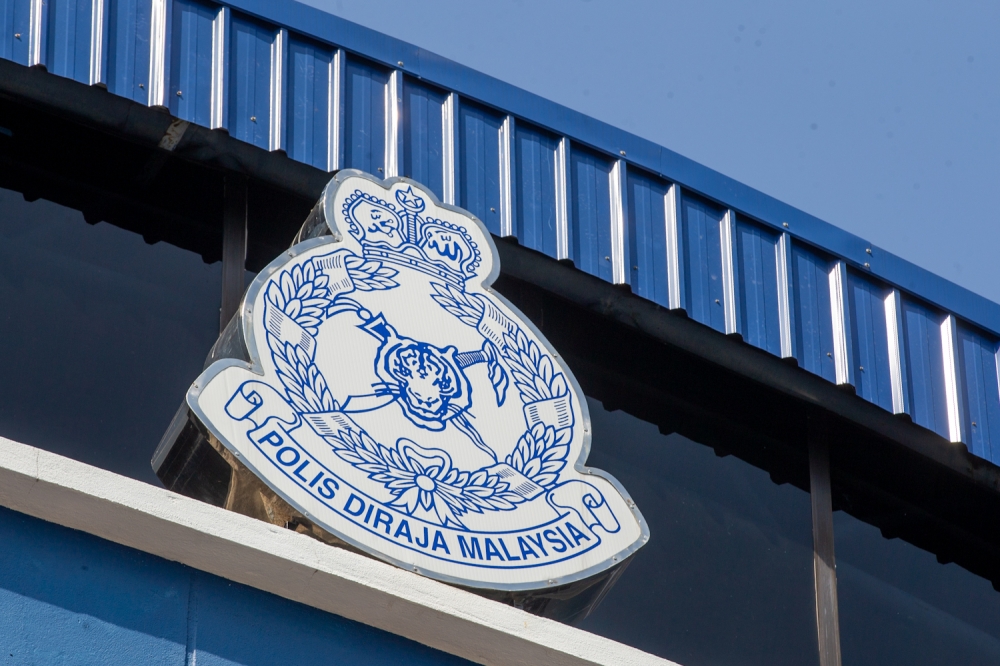
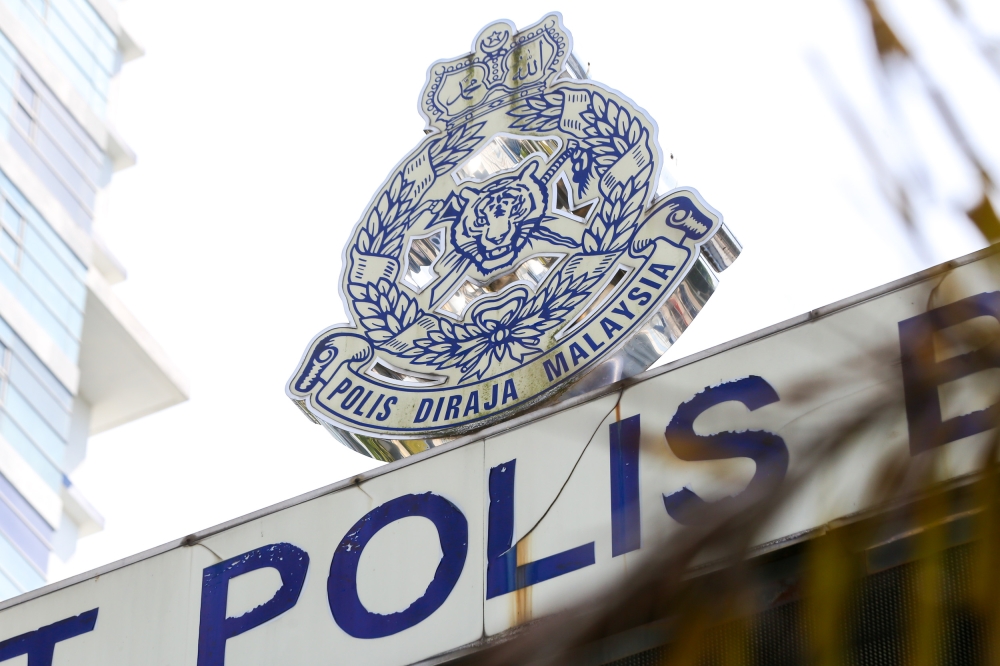
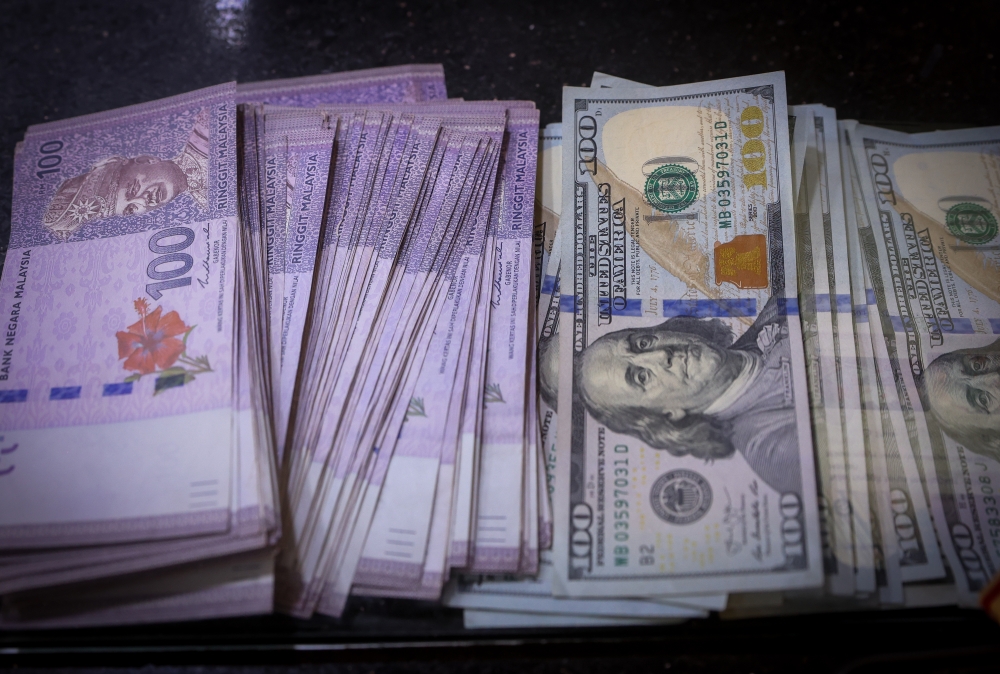
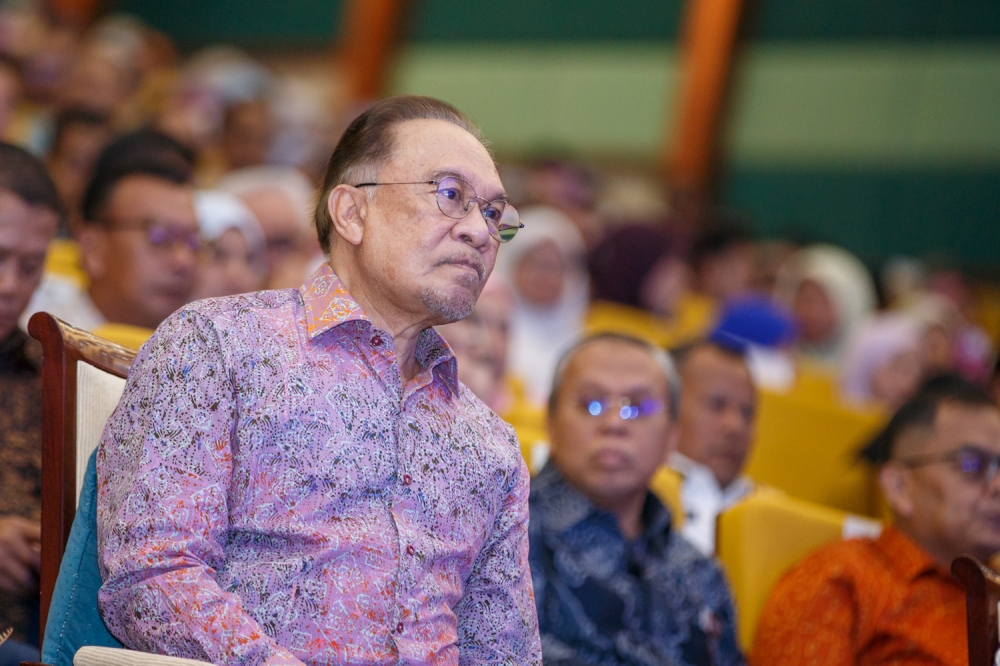

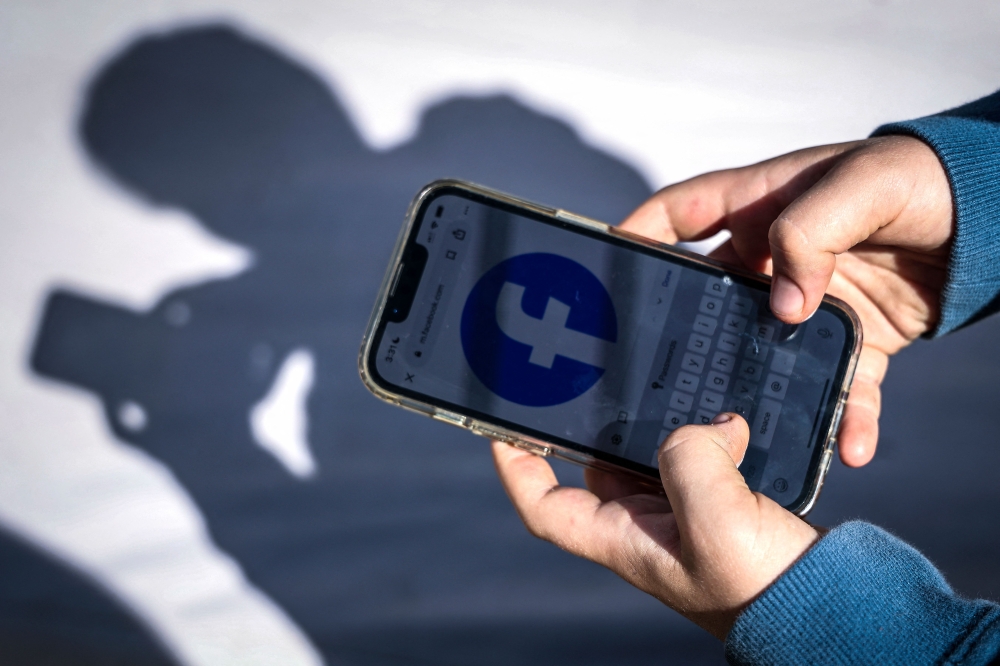



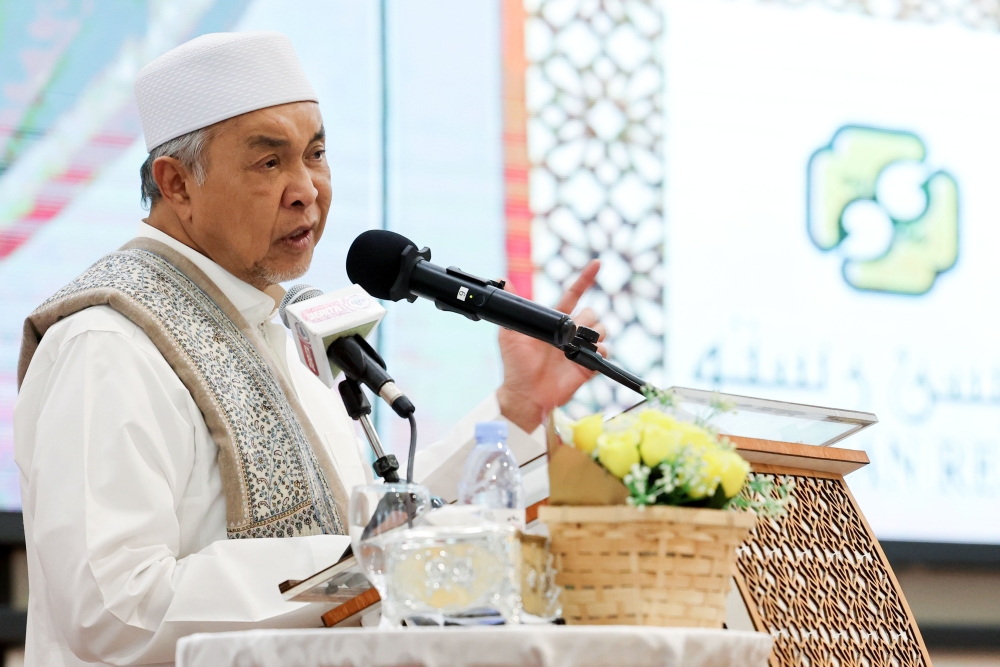
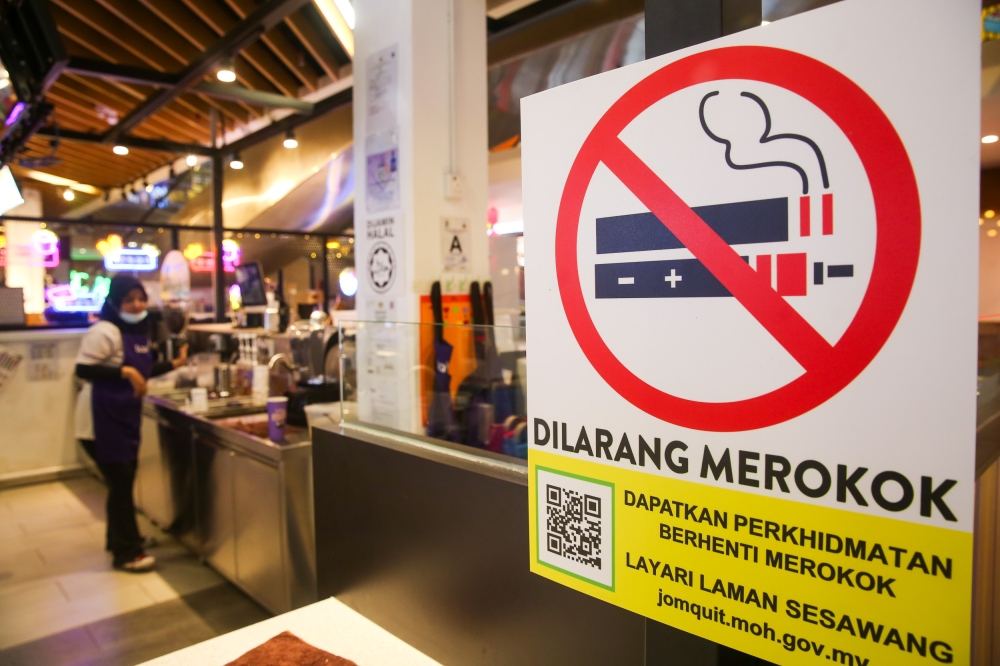
.JPG)